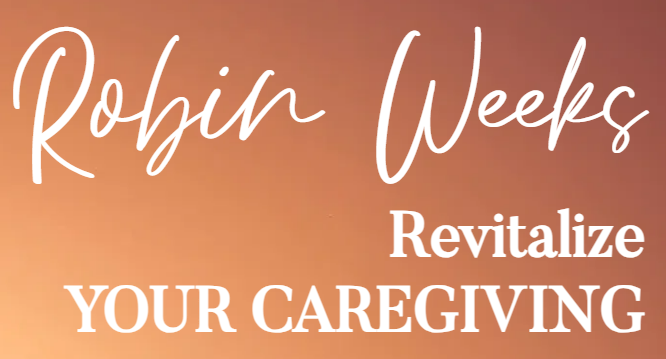You know that moment that something blurts out of your mouth, and you know it was a mistake? Or that day you walk into work and are in a grumpy mood because you didn’t sleep well, or the kids were cranky, and you snap at a co-worker? Those who are in the Sandwich Generation, caring for kids and aging parents are juggling two roles that can cause tension.
We all have these moments. The difference with some people is they have practiced ways to manage their emotions for better health. When we lose our temper, sleep poorly, or allow a grumpy mood to take over, we are acquiescing to our emotions. Yes, there are times when it is important to acknowledge our emotions so we can work through it to a better place. That is different from recognizing your emotions and having tools to regulate them.
Allowing our emotions to overrule any sense of self-regulation is not only detrimental to us, to our friends, family, and colleagues, but to our health. Research shows that rising tempers, poor sleep contribute to high blood pressure, obesity, lack of focus and other health related illnesses.
Your emotions help dictate your state of mind. This means that to keep your state of mind intact, it’s necessary to have emotional balance. That way, you can make it through even the toughest times.
You can enhance your emotional well-being, so when challenging times come around, you’ll be more prepared to handle them!
These strategies can help you manage your emotions effectively:
- Identify your support system. It’s very easy to experience emotional dips. This is especially true when you’re making emotionally charged decisions or in the midst of emotionally challenging tasks.
- Identify friends, family members, or a support group who can be the voice of reason. While your emotions are cross-wired, it helps to have an external voice guiding you towards making an appropriate decision.
- It’s healthy to discuss various topics with members of your support system. It helps them see how you think in different situations.
- Confront your emotions. Avoid hiding from negative feelings. Facing your emotions is the best way to overcome them. And the more you practice, the easier it will become to stay calm during emotional circumstances.
- If you’re heartbroken, it isn’t healthy to try and pretend otherwise. Allow the reactions to come. If you feel like crying or screaming, go ahead. It will help you gain closure and a fuller understanding of your feelings.
- It isn’t necessary to question why you’re feeling a certain way. Identify the source of the emotion and work at confronting and acknowledging it instead. Avoid apologizing for your emotions.
- Celebrate your strengths. There’s no better way to build emotional well-being than by celebrating your strengths. Identify your attributes, talents, and skills that make you feel confident. Remind yourself of how resilient and powerful you are.
- Your strengths aren’t to be taken lightly. They form your backbone.
- Openly acknowledging your strengths sub-consciously helps you believe in yourself. In turn, you develop a sound emotional state.
- Provide support to others. This goes hand in hand with relying on your own support team. Exposing yourself to the emotions of others helps you to process them better. You take things for face value. You can be impartial, fair, and just.
- When you support others, you’re required to be truthful and honest. Displaying honesty about someone else’s emotions can help you develop the same honesty about your own.
- Helping others work through challenges can make you appreciate all sorts of emotions and build up your own emotional well-being.
- Keep your surroundings positive. Maintaining a positive environment is very important. It helps you concentrate on positive emotions and aids in the healing process. It’s much easier to effectively manage your emotions when you’re surrounded by positive energy.
- Partake in activities you enjoy. This isn’t an effort to dismiss your emotions. It’s simply a tool for developing a positive mindset.
- That positive mindset reinforces your ability to be impartial and fair. It’s tempting to be hard on yourself, especially when you’re surrounded by negative influences.
- Practice gratitude. You can find gratefulness in the smallest things; the sun shining, the coffee in the morning, the walk with the dog. Creating a habit of writing down your daily gratitude can shift your brain chemistry.
Remember that you have your emotions for a reason! They help you empathize with others going through similar situations and give you hope. Use these tips to enhance your emotional well-being. You’ll be glad you did!



